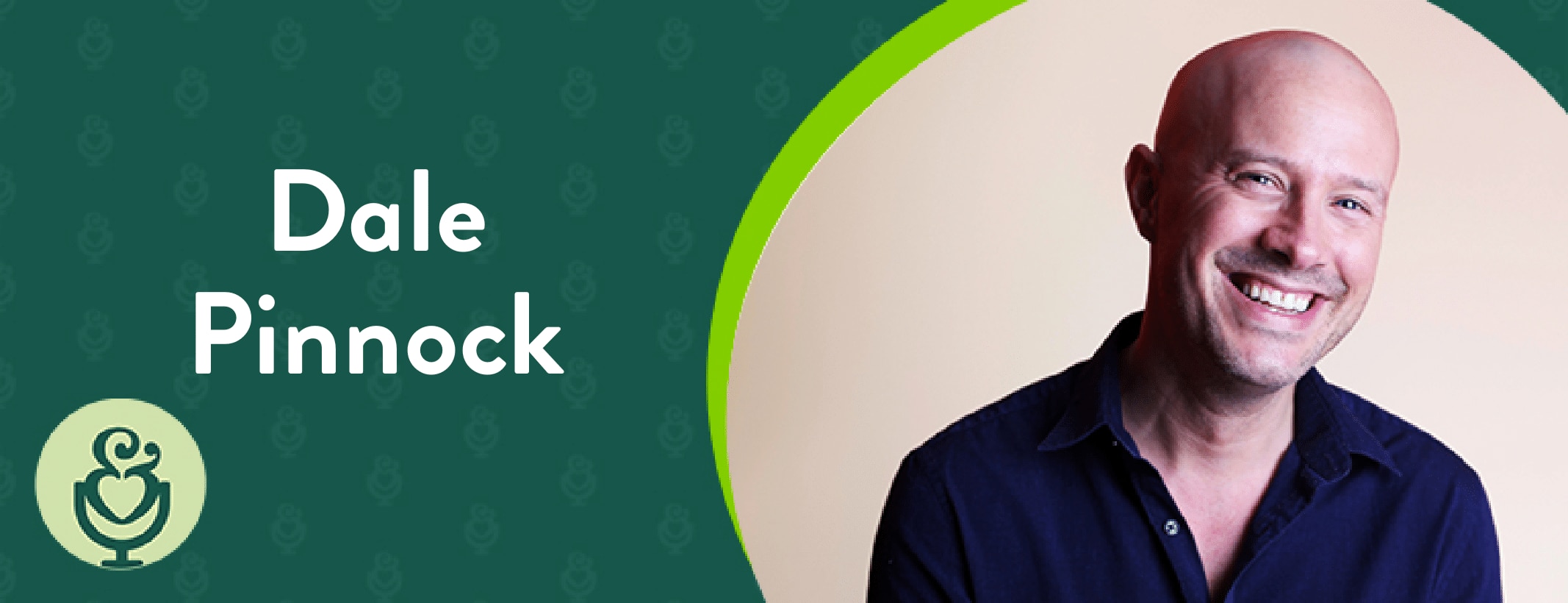S02 E05 | 49m | The power of eating well

What we're talking about in this episode
The power of lifestyle medicine and what a good healthy diet can (and can’t) do for us. In this epsiode we chat to Dale Pinnock, aka the Medicinal Chef, about nutrition and the impact food has on our overall health. We're discussing:
- The impact of nutrition on skin
- Improving overall wellness through food
- Making changes you can stick to
With guest:
- Dale Pinnock - Nutritionist, TV personality and author other wise know as 'the Medicinal Chef'. Dale has dedicated 26 years of his life to nutrition and its study and application.
The power of eating well
The power of eating well
Nutritionist, TV personality and author Dale Pinnock, aka the Medicinal Chef, has 26 years of science-based knowledge behind him – he shares how a wholefood diet can transform your health and wellness
‘My teenage breakouts gave me this passion and purpose’
‘From around 11, I started getting bad acne. I went to so many different dermatologists, doctors and practitioners, but nothing made a huge difference. Then, when I was 15, a friend’s mum said: “Unless you change what’s happening on the inside, nothing’s going to change on the outside.” She lent me the book Fit For Life by Harvey Diamond, and it was a lightbulb moment. For the first time, I realised we can actively engage in our own healthcare. I went on to read over 1,000 books. I did a degree in human nutrition, a second in herbal medicine and a post-graduate in nutritional medicine. All my life I’ve been cooking, and I merged the two together. It seemed such an obvious delivery system for the information.’
‘Our food is more than just fuel’
‘The title Medicinal Chef was deliberately provocative because I wanted people to think differently about food. It’s a valid part of the therapeutic spectrum. For such a long time, people overlooked that the food we eat directly influences the internal biochemical terrain of our body. We can divide nutrients into two groups: the macronutrients that fuel, repair and restore – proteins, fats, carbohydrates – and the micronutrients, or trace elements and phytochemicals that I call the biochemical facilitators – they either make something happen, or make something that makes something happen.
'If you move from a diet of highly processed junk to a wholefood, plant-based diet, the sheer amount of mineral, vitamins and trace elements you’re getting in every meal is mind-boggling. You’ll feel more energetic, and everything’s going to start functioning better.’
‘Polyphenols can directly affect your heart health’
‘This group of phytochemicals is found in abundance in a plant-based diet. They’re often colour pigments – the things that make blueberries purple, or extra virgin olive oil a vivid green. Our blood vessels are muscular tubes with a skin lining called the endothelium, a tissue that regulates many aspects of circulatory function. Polyphenol flavonoids are taken up by the epithelium cells and dramatically stimulate the production of a gas called nitric oxide, with two benefits: it causes the muscle fibres to relax and blood vessels to dilate, so blood pressure is reduced. And it strengthens the bonds between endothelium cells, making them more resilient to the vascular damage that’s part of cardiovascular disease.’
‘Skin health is one of my obsessions’
‘You hear people talking about antioxidants for skin but most of the time they have no relevance. Carotenoids are fat-soluble antioxidants that give the yellow, orange and light red colours in foods like sweet potatoes, mangoes, carrots and pepper. They migrate to fatty tissues including the subcutaneous layer of your skin, which contains the crisscross lattice of collagen and elastin fibres that give skin its structural integrity, and the pilosebaceous unit where the hair follicle and oil glands meet, which flares up during acne. Carotenoid antioxidants can accumulate here, and offer localised protection against oxidative damage.’
‘Give your favourite foods a facelift’
‘It’s all about helping people transition into better habits. So if your favourite meal is pizza, get a multigrain bread mix and roll it into an incredible crust that isn’t 8 inches thick of refined white flour. Put some passata on it, maybe some spinach and red onion, don’t go mental with the cheese. If you take everything away at once, that inner recalcitrant teenager pops up and starts rebelling. But if you show people you can still have the food you love, the process is much more comfortable.’
‘Change one thing’
‘Completely overhauling your diet overnight is overwhelming. Instead, think of one single thing you know you can change, and implement it. It can be as simple as saying: with my lunch and dinner, I’m going to make a good dense side salad. Or I’ll snack on fresh fruit instead of a chocolate bar. Keep repeating it day after day till it becomes the norm. Then change one other thing. When you look back over six or 12 months, you’ll realise you’ve progressed into a dramatically different lifestyle.’
Want to learn more? Listen to more episodes The Wellness Edit podcast here.







